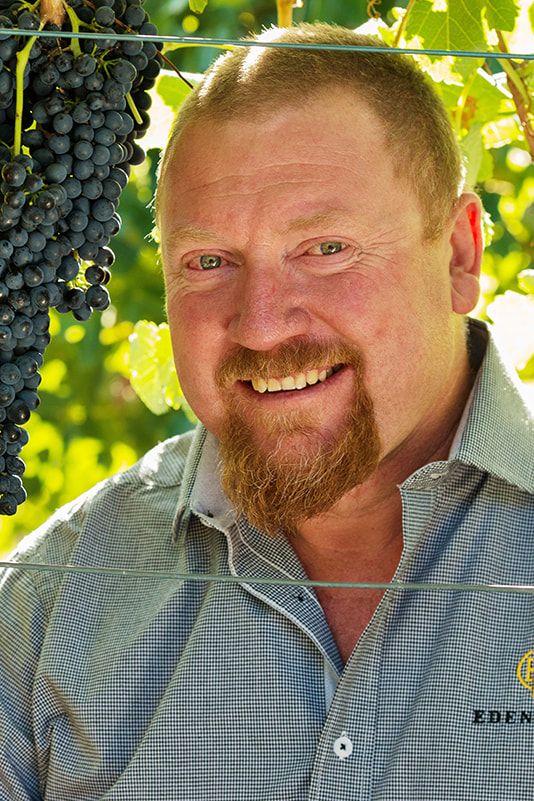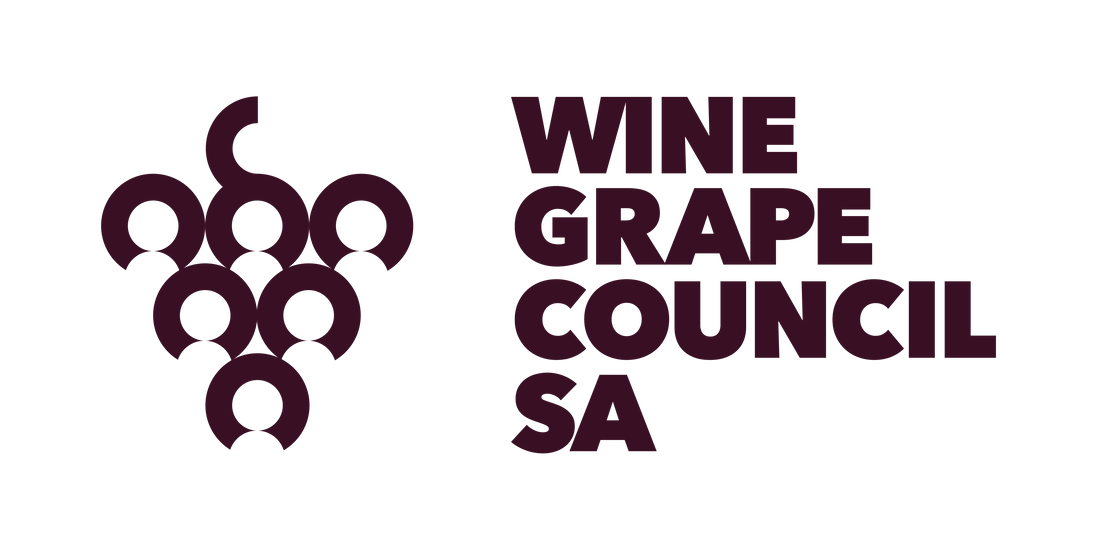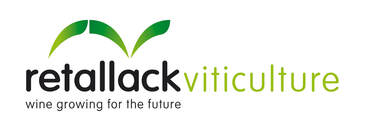Meet the EcoGrowers
Dan FalkenbergRegion: Barossa
1. Tell us about your experience in grape growing?
I am a third generation Barossa vigneron and have been involved in the wine industry all my life. I have a family vineyard in Barossa and have worked for private and corporate wine companies both in Barossa and Eden Valley. Currently I am the Viticulturist for Eden Hall Wines. 2. What prompted you to want to be involved in the EcoVineyards project? I have a keen interest in the environment and sustainable vineyard practices. In particular, Regenerative and Biological farming practices that enhance biodiversity in the vineyard. I consider this to be an important project to further promote agroecology. 3. What do you hope to achieve from your involvement in the EcoVineyards project? We hope to achieve an ecofriendly approach to vineyard management. Ideally we would like to see the situation where a production system such as vineyard could also have diversity of native plant and grass species. We intend to enhanced biodiversity and provision of habitat and food for particular seed eating and insectivorous birds, soil organisms and predatory insects which will help us to counteract vineyard pests. 4. Have you tried to increase biodiversity on your property before undertaking this project? If so, how? Over 25 years ago we planted 20,000 native trees and shrubs endemic to the area on the property. The seeds were harvested from the surrounding area and propagated onsite. We have also established native perennial grasses predominantly Wallaby Grass species in the mid row of the vineyard to improve soil health, water infiltration and provide important habitat value for predatory insects. In the vacant areas around the vineyard we have established Kangaroo grass, wallaby grass and Austrostipa. 5. Why do you think it is so important for growers to try and build natural resilience on their property? Building natural resilience and agroecology in the future will depend on a whole- system approach. The goal is to restore landscape function and deliver results that include sustainable production, an improved natural resource base, healthy soil, nutrient cycling, increased biodiversity and resilience to climate change. As land managers and vignerons we need to contribute to a global reversal of the current trend in land degradation through regenerative agricultural practices that support soil biology and ecosystem biodiversity. 6. Looking to the future, what do you see as a new 'normal' for grape growers on their properties? Vignerons being adaptable to climate change, the use of biological, regenerative farming practices and embracing new technologies. Utilising best practices approach to vineyard management and harnessing Agroecology to provide benefits for the vigneron, environment, community and the consumer. |
Project Partners
This project is supported by the Department of Agriculture and Water Resources, through funding from Australian Government's National Landcare Program.
This project is funded by the Adelaide and Mount Lofty Ranges Natural Resources Management Board through the NRM levy.
This project is funded by the Adelaide and Mount Lofty Ranges Natural Resources Management Board through the NRM levy.






